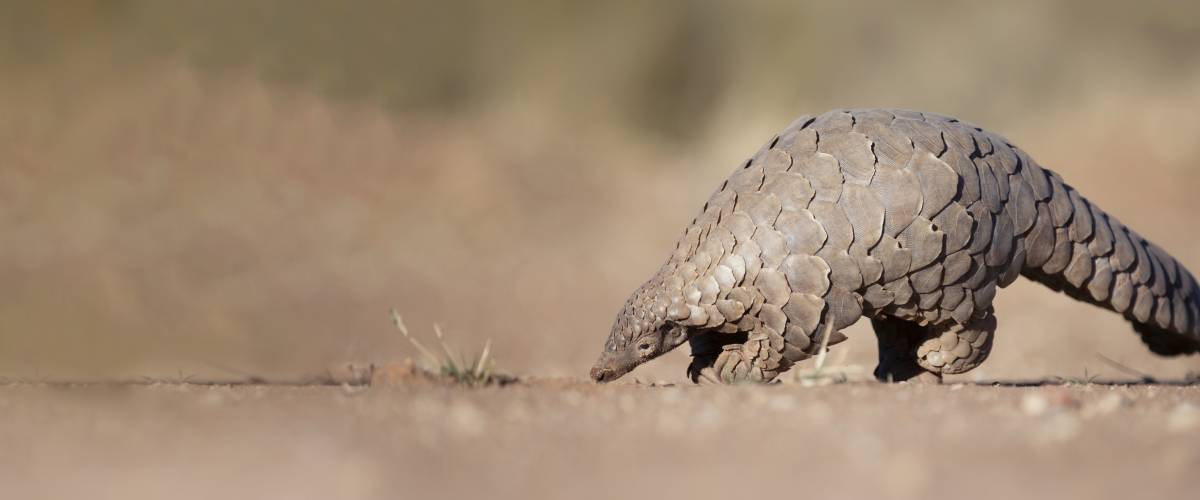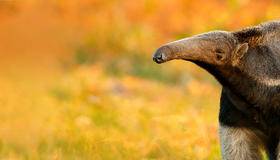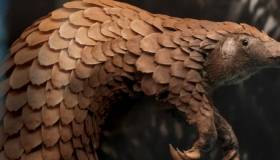
July 1, 2020 – When Dr. Jenn Yu applied for an internship with Smithsonian’s Global Health Program, she hoped she would use her veterinary training, her ecology degree and her enthusiasm for wildlife to further her interest in population health and conservation medicine. She never imagined the internship would lead to what she hopes will be her life’s work – saving pangolins. Pangolins are one of the most heavily trafficked mammals in Asia and, increasingly, Africa.
All eight pangolin species are protected under national and international laws, but international illegal trade continues, leading to seizures and specialty rehabilitation centers. Dr. Yu’s internship took her to one such rehabilitation center in Vietnam run by Save Vietnam’s Wildlife, where pangolins often arrive in critical condition. Her project goals were to describe the normal biochemical parameters of pangolins and establish reference lab result ranges so veterinarians and wildlife rehabilitators can better detect and diagnose pangolin diseases, leading to improved treatment outcomes.
“In my ideal world, I would work with pangolins for the rest of my life,” said Dr. Yu. “As a species, we have so many negative impacts on animals and the environment, often representing the worst of what people can do. This is a worthy way to direct my efforts and maybe help mitigate some of that damage.” Morris Animal Foundation and Smithsonian’s Global Health Program collaborated to establish the Morris Animal Foundation and Dennis and Connie Keller Director of Training in 2018. The program enrolls between four and eight trainees every year, including veterinary students and veterinarians, from countries around the world as well as in the United States.
“I just want to thank Morris Animal Foundation for their support, and the support of our international partners,” said Dr. Yu. “None of this would be possible without you.”




